The canaries of postures
The canaries of postures There are a lot of bird species, all of them with different characteristics; the truth is that they are all lovely in the human eye. The Canaries are the birds that have been
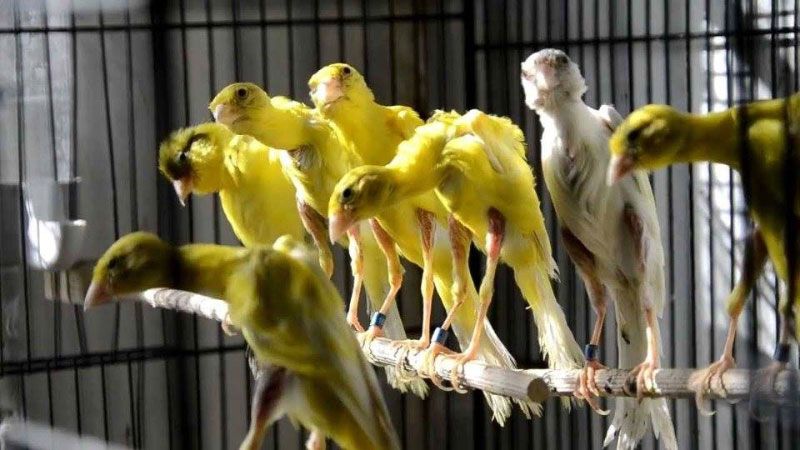
The canaries of postures
There are a lot of bird species, all of them with different characteristics; the truth is that they are all lovely in the human eye. The Canaries are the birds that have been domesticated for centuries, they were initially wild birds, but over the years, they have been seen at people home, this is because of their visual appeals. They are small birds that have good singing.
The Canaries are classified into three broad groups: color, singing, and posture; this is the last classification which more species can be found. Over the years, it has been possible to obtain different species through crosses; all of them are extraordinary. Some of them share physical characteristics.
Canary Gibber Italicus
One of the main species of posture was originated in Italy; iti s the Italic Canary Gibber which arose in the middle of the Twentieth century according to the official data. It is a cross that occurred between specimens of Curly canary from southern Italy. They are canaries of posture that have an average size of 14.5 centimeters. They have a lean aspect and hunched.
On its head and neck,you can appreciate a serpentiform reminiscence; its name is because Gibber is gibbous or hunchback. This species can be found in different color variations. And one of its characteristics is that it has rare plumage in some areas of its body.
Paris Curly Canary
It is one of the most popular species, other species have emerged from this canary. It is also known with the name of Parisian Curly canary; this French species originated from the Northern Curly Canaries ‘ crosses with the famous Lancashire Canaries.
The plumage of this species stands out for being curly; it is long, silky, elegant and has a large volume. It is one of the oldest types that exist and has all the varieties of colors on their plumage. The rooster feathers in its tail stand out for being smooth and fall on both sides. Their size is up to 19 centimeters on average.
Padovano Curly Canary
There is another species of curly canary originated in Italy; it can be found in the city called Padua whichis located to the north of Italy. This species originated at the end of the Second World War. This species was the result of the cross between the Milanese Canary and Canarian Shag.
The name of this bird is due to its city of origin: Curly Padovano.
The plumage on its back is curly and falls on each side. The feathers cover the two parts of its torso. Some curly feathers can be observedon its belly. On its chest and neck, a collar is formed, it has two flaps of long curly feathers on the flanks.
The legs of the curly Padovano are strong and covered with plumage; theyhave an average length of 18 to 19 centimeters. Its diet is based on canary seed, mainly flax, Negril, millet, fruits, and rapeseed. Another feature is that this bird has not been just in Padua but has reached other regions of Europe.
Canary Hosso Japanese
We are talking about one of the rarest Canarian varieties that exist today. It is of Japanese origin, it was announced for the first time in the decade of 1960. According to the official information, this canary of posture originated from the cross of Southern Curly Canary and Canarian ScotchFancy.
The plumage of the Canary Hosso stands out because it is smooth and compact; it has all color variants. Its posture is characterized by being hemiellipse. It means crescent. Its body has a curvature that is the reason for the posture. Its shape is ovoid, elongated and thin, and its wings are proportional to its mass.
The bird has a tongue that is part of the spine and culminates on its head. It has a small beak according to his head. The tail is long and forked. This canary can measure 11.5 centimeters on average.
Lancashire Canary
It is one of the most famous species in the world. The origin of its name is because of the county where it originated: Lancashire in the United Kingdom. This species was observed for the first time in the eighteenth century. It should be noted that this species was obtained from the Canaries old Dutch.
The Lancashire Canaries have an average size between 19 to 23 centimeters. They are the biggest canaries. Its body is slender, it has a sturdy chest, and its back is solid. Its wings are very long. These birds can be presented in yellow, orange, red, melanic and mottled shades.
Norwich Canary
The canary of Norwich has its origin in Belgium. Later, it was transferred to Norwich County in the United Kingdom. This bird has an average size of 16 cm; its appearance is sturdy. Its short neck powers this feature and makes its shoulders bigger.
The wings and tail are short. It has varieties in colors yellow, orange, white and Elizabethan. They are birds that can become very expensive to acquire. It is considered as a bird with few specimens in the world. Hence, it is expensive to have one.
Canary Bernois
It is the Switzerland canary that appeared during the nineteenth century. It is a species that emerged from the Yorkshire race. It is featured an elongated keel-shaped body, broad chest, very long back, and sturdy shoulders. They have long wings without crossing; they also have a stylized and visible neck.
Canary Melao de Tenerife
It is one of the native races from Spain, such as its name, it is from Tenerife. It stands out for its abundant and silky plumage. They have curly feathers which may have a uniform or spotted tonality. They measure up to 18 centimeters.


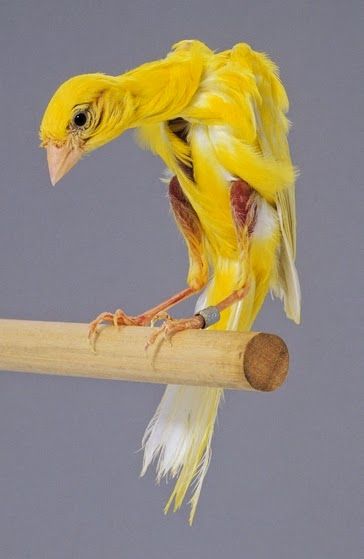
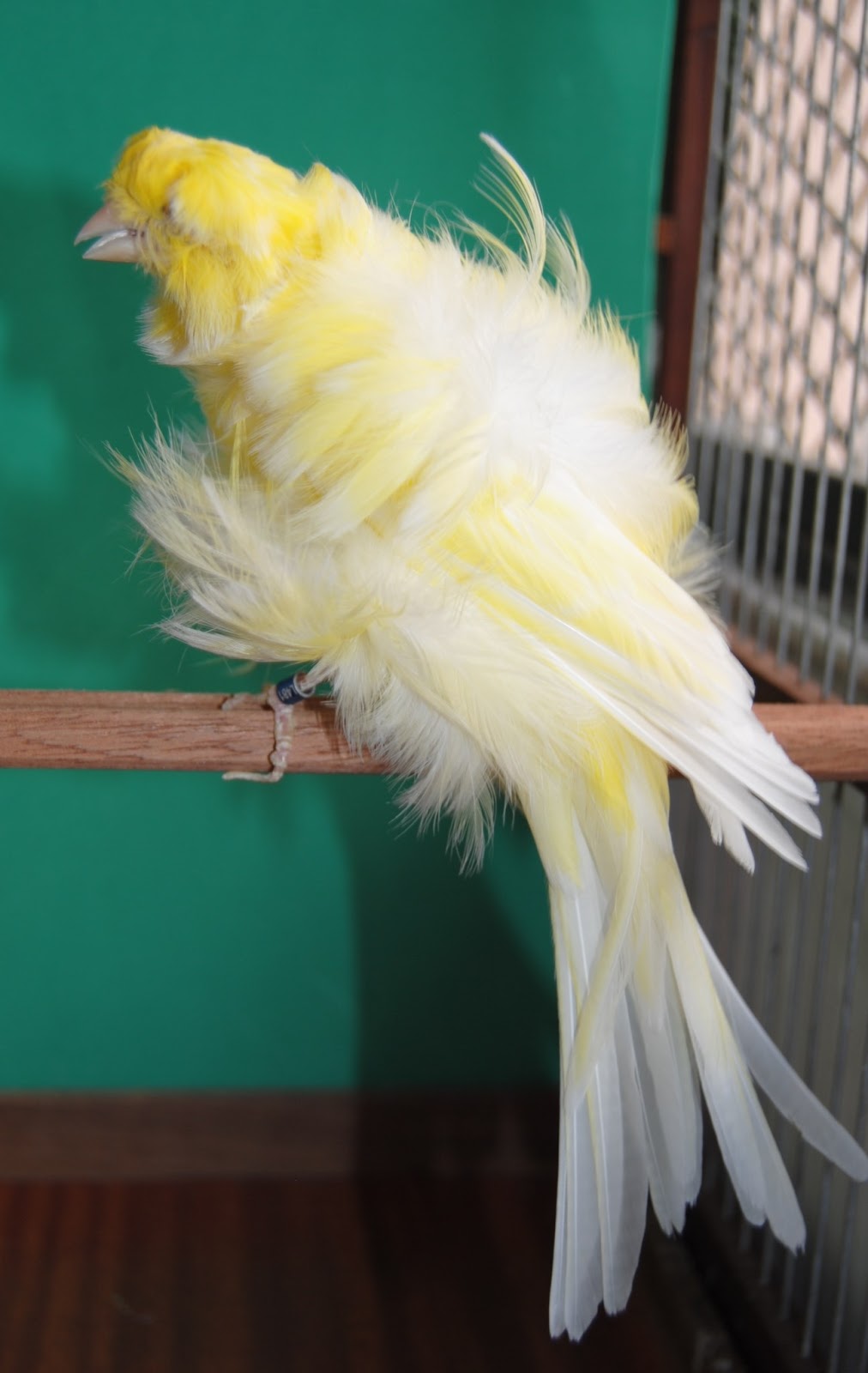
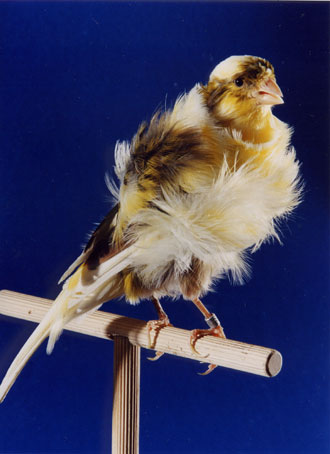
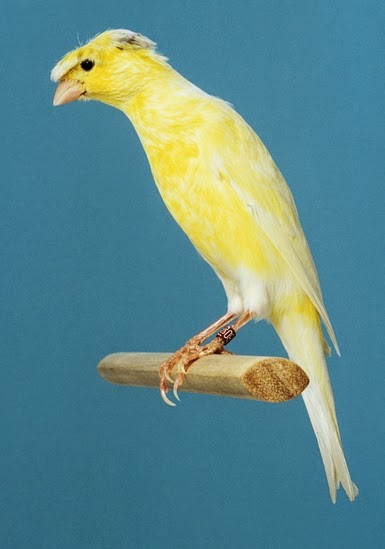
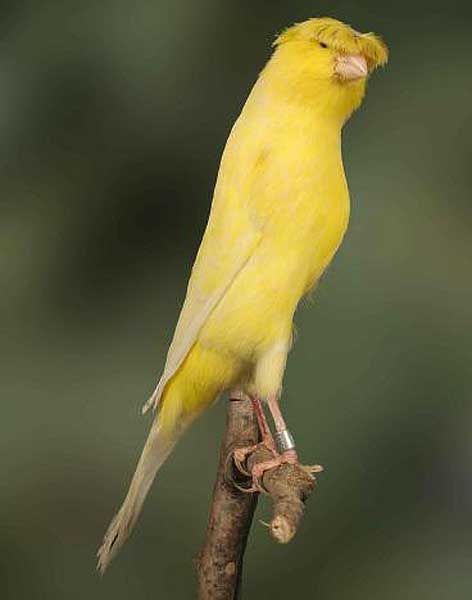
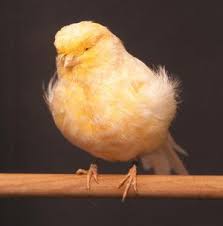
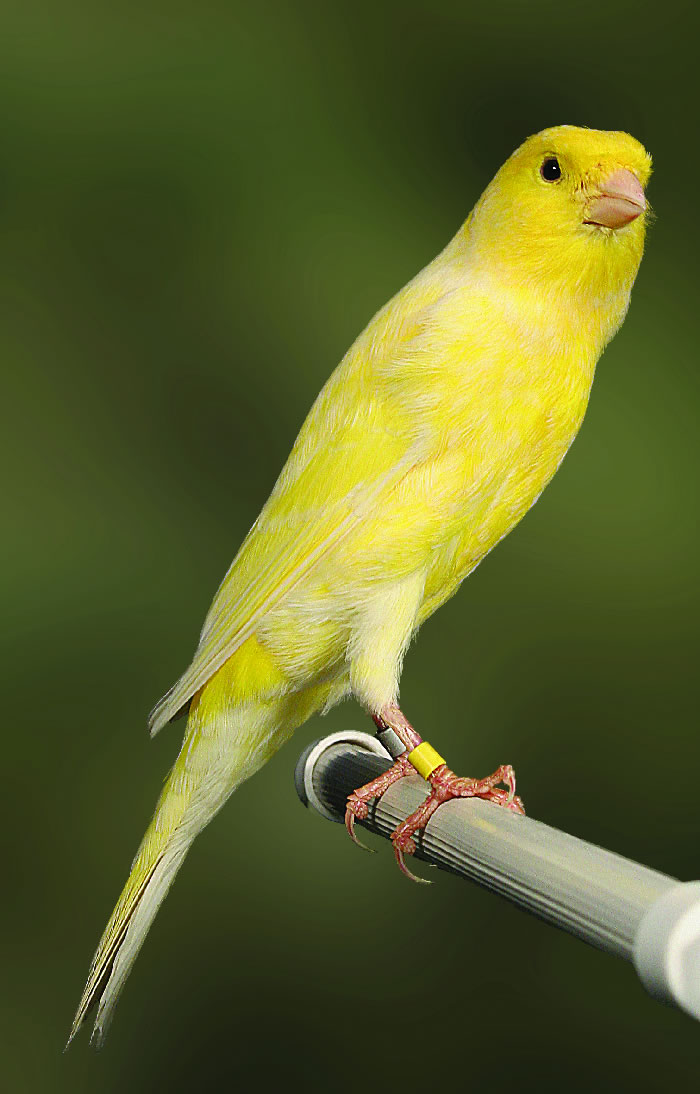
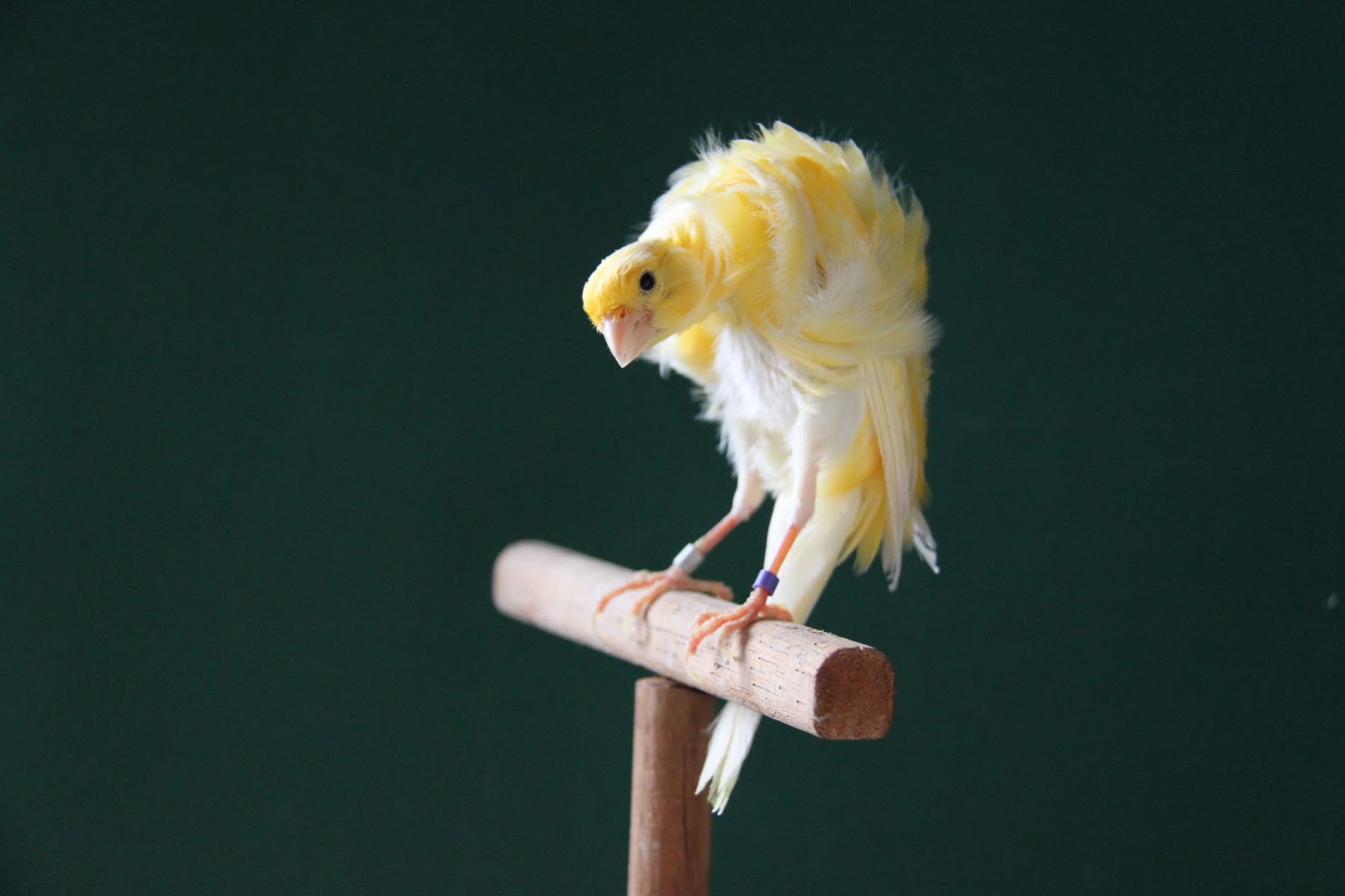

Zoha October 31, 2020
Are those canaries sick?
Cheree Rowsell June 28, 2022
lol, no